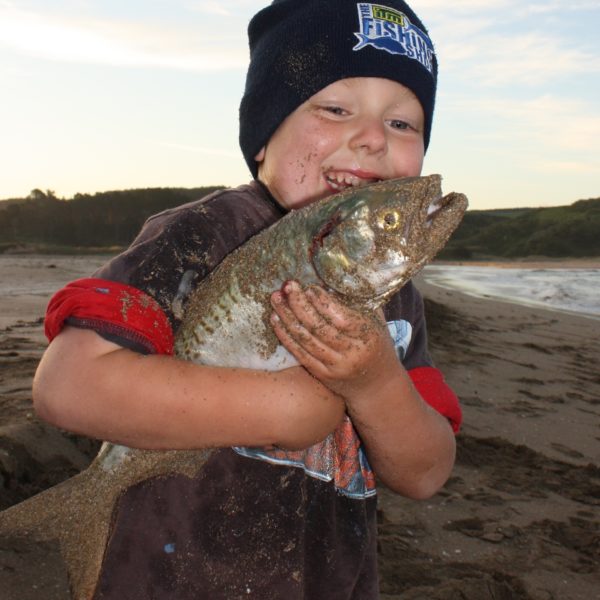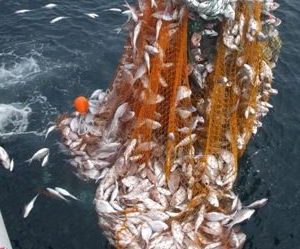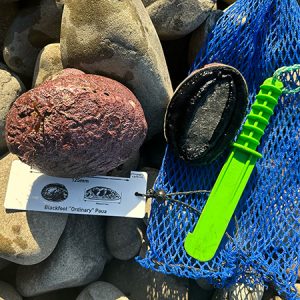“Before there were freezers, the fish were left in the ocean until they were needed.”
An insightful comment from Dr Davianna Pomaika’i McGregor, director of the University of Hawaii’s Centre for Oral History. She has a deep interest in the indigenous Hawaiian ethos of only taking what you need. Closer to home Maori often express similar sentiments.

In our history there was a time when Maori had kaitiaki in every community with the authority to oversee extractive practices, to ensure against any excesses. Any bulk harvesting was seasonal, and involved the whanau in the processing and sharing with the community. We’ve moved on from those times.
Our coastal waters are nowhere near as productive as they once were:
1. Bulk harvesting using damaging, bottom contact fishing techniques have changed the marine landscape.
2. Trawlers and dredgers are towing longer and further to scrape up the remnants of fish populations so the operators can pay their bills.
3. Much of this catch is not processed locally, it’s kept in freezers and flown offshore for little added value.
In an effort to address this loss of productivity and to rebuild our depleted fisheries LegaSea has worked with the Hokianga Accord, the mid north iwi fisheries forum, the New Zealand Sport Fishing Council and other organisations to find solutions. We need to dismantle the road blocks to restoring abundance in a healthy marine environment.
What’s stopping restoration?
Since the 1986 introduction of the Quota Management System our fishing fleet has been whittled away while quota ownership has been consolidated. Ten entities now own 78% of all quota and most of our small scale commercial fleet are just contract fishermen.
The actual fishing is done by these contractors who are obliged to supply the fish shed with whatever they demand, while paying rent to the quota owner who doesn’t even get their hands wet. The main incentive is to catch more fish at less cost using bulk harvesting methods.
The quota owners are the fishing equivalent of the ‘Queen Street farmer’ whose primary interest is in the future value of the asset. Any sign of catch reductions is vehemently resisted, seen as a threat to their investment irrespective of the environmental cost.
Managing our fisheries is no longer based on inherited wisdom, it is totally focused on serving the interests of these corporate investors.
Rescue Fish – an effective solution
We need alternative solutions that will serve every Kiwi’s social, economic and cultural interests in restoring biodiversity in our marine environment.
Rescue Fish is an effective solution to stop overfishing, to ban trawling from inshore waters and to enable communities to manage and enhance their local fisheries. Having more fish in the water means more jobs in coastal areas where there are few other employment opportunities.
Rescue Fish will also help to make small scale commercial fishing a profitable enterprise. Anyone that goes to sea day after day, rain, hail or shine deserves to make a decent return for their effort. Rescue Fish is a pathway for these fishermen to determine their own destiny.
Blazing their own trail means they could return from a day’s fishing and sell their catch direct to us, the public or to local businesses. We all win when that happens. The fishermen earn a decent return for their effort and we get to eat the freshest fish, caught that day.
No need for freezers because there will be fresh fish for sale tomorrow.
Petition
To achieve success we need a strong show of public support for change. Please sign the Rescue Fish petition.





